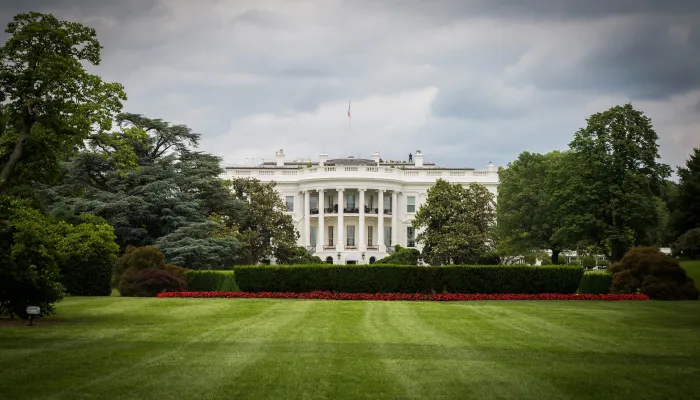Op-Ed: Don't Delay Fencing Off the Fiscal Cliff
The Hill | September 11, 2012
Washington’s new pet solution to the “fiscal cliff” — the spending sequester and the expiration of tax cuts scheduled to collide in the first few days of January 2013 — is “let ’er rip.” In other words, let the tax cuts expire, let the spending cuts hit — we’ll clean up the mess later. It reminds us of Scarlett O’Hara’s “after all, tomorrow is another day.”
For each political party, this notion is predicated on an expected sweep — House, Senate and White House — in the November elections. The prevailing mindset is, “when we take control next January, even though it is after the scheduled train wreck, we’ll fix it all our way — and the other side can’t stop us.”
However, this gamble assumes the use of two legal, but economically and socially dangerous, mechanisms to circumvent the automatic tax increases and spending cuts. Mechanism 1: Even though the 2001 and 2003 tax cuts will expire on Jan. 1, the Treasury Secretary can simply leave income tax withholding unchanged, preventing taxpayers from immediately feeling the effect of elevated rates. Mechanism 2: The president’s budget director can continue to supply government agencies with cash in the same amounts that they would have without the sequester, delaying the spending reductions until later in the year.
As the logic goes, if the incoming president and Congress can then change the law and undo the “fiscal cliff” in early 2013, the taxpayers and the federal agencies can just continue on that path laid out in January by the Treasury secretary and the budget director.
But consider how perilous this high-stakes gambit really is. Both Republicans and Democrats agreed to the sequester’s automatic spending cuts because they knew that the federal government must cut its deficit by at least — and really much more than — the amount of those reductions. Since then, however, the president and Congress have avoided any action that truly lowers the future accumulation of debt. They cannot now simply continue to kick this fiscal hand grenade down the road; they cannot postpone budget savings forever. Temporary budgetary gimmicks provide no solution; they just put off January’s pain by risking much greater pain later in the year.
And if either party does control the government, and does “let ’er rip,” action must follow early in the 113th Congress. We have watched extremely critical legislation fall apart in the thicket of congressional procedure, no matter how committed a majority of members might be.
A narrow congressional majority can disintegrate on a particular issue if a small faction within that majority realizes that it can demand a price for going along. If either party plays games with the expiring tax cuts and the sequester, and then its majority falls apart when it actually tries to change these laws, tens of millions of taxpayers will wind up under-withheld and owing big tax payments at the end of the year, and federal agencies will face massive furloughs to avoid overspending when their fiscal year ends. That will not only directly disrupt the economy and abruptly slash the take-home pay of millions of Americans, but it will also send a chilling signal throughout the world that the U.S. federal government cannot manage its own affairs.
Finally, if the election yields continued divided government, the “let ’er rip” tactic devolves into a potentially catastrophic game of chicken. Can the new government agree to undo the temporary mechanisms and provide at least an outline of a fiscally responsible plan before the taxpayers’ under-withholding and the agencies’ under-funding is exposed, and before markets implode because of all these shenanigans? If not, this will yield nothing but wreckage.
The president and Congress can avoid this wreck. Doing so will involve hard negotiations and a budget process that bridges the post-election lame-duck session and the 113th Congress.
We have developed this process, which would force congressional committees in the House and Senate to meet savings targets established by the budget committees. We are well aware that Congress suffers from process fatigue after the failures of the past 18 months. But coming to grips with the need for another new budget process is just one more challenge that will have to be overcome if this nation is to remain exceptional.
We are not naive. Politics will be played. But the players must look ahead to the endgame before they bet the entire country — and that is what they will do if they continue to “let ’er rip.”
What's Next
-
Image

-
Image

-
